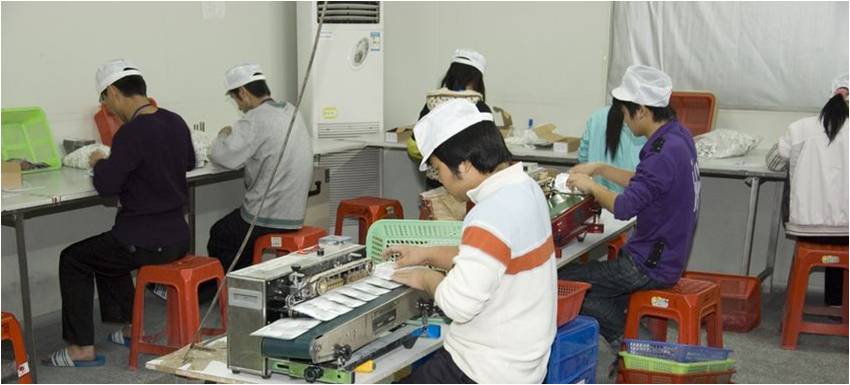A Confidential Information Memorandum (CIM) plays a pivotal role in any M&A transaction . It’s the cornerstone document that introduces the company, sets the tone for buyer discussions, and frames the...
Identifying politically exposed persons (PEPs) is a cornerstone of modern compliance, forming a key component of anti-money laundering (AML) frameworks and responsible corporate governance. PEP checks...
Regulatory risk management refers to the structured discipline of identifying, assessing, and mitigating risks linked to evolving laws, rules, and supervisory expectations. For organisations operating...
A transaction can unravel in seconds due to missed red flags, incomplete diligence, unreliable sources and more. In investment banking, the cost of blind spots is often reputational fallout, failed deals...
For investment banking analysts, due diligence often means long nights, endless tabs, and high stakes. The information must be right, and the timing must be perfect, which simply isn’t sustainable or attainable...

The human trafficking and slavery of people is a very real problem. It's a global issue that affects the service industry, agriculture and the construction industry. But it may not have occurred to you that the computer monitor or tablet you are viewing this blog on could well be a product of forced labour.
US based fair-labour organisation, Verité, has conducted a study into the prevalence of forced labour in the Malaysian electronics factories. The two-year study of labour conditions in electronics manufacturing in Malaysia found that one in three foreign workers surveyed in Malaysian electronics was in a condition of forced labor. Because many of the most recognisable brands source components of their products from Malaysia, this means that virtually every device on the market today may have come in contact with modern-day slavery.
Verité interviewed more than 500 workers and concluded that debt bondage and the illegal impounding of passports and documents were the main drivers of this systematic forced labour – trapping workers into low paid jobs and preventing them from returning home. A key factor in this exploitation is the establishment of ‘recruitment fees’ paid by the workers who are typically forced into debt in an attempt to pay them off. The study showed that at least 28% of workers were stuck in a spiral of indentured servitude, unable to pay off these excessive fees. A further 94% were forced to hand over their passports upon arrival; 71% said they found it impossible to get them back.
The extent to which modern slavery is established in these factories is not just one isolated incident with one factory, but a widespread slavery problem. Verité said that its assessment of the problem was likely ‘conservative’ and ‘should be understood as a minimum estimate.’
Recruits are often deceived about working conditions, salaries and the terms of opting out of jobs. Upon arrival they are forced to relinquish their documentation, struggle to repay their high interest debts on such a low income and face new charges for leaving a job early. Many workers interviewed for this study said they felt pressured to work overtime and 38% reported being forced to sleep in cramped rooms with more than eight other people.
Research conducted by the Chartered Institute of Purchasing and Supply (CIPS) revealed that 11% of UK businesses polled thought it “likely” that some sort of modern slavery exists in their supply chains. To avoid reputational and legal risks, businesses will need to use the right tools and solutions to better understand their risk and vulnerability to human trafficking within their business and supply chain.
End notes
LexisNexis is committed to combating human trafficking through various initiatives including; direct financial support, legal and technical advice to organisations working in the field to eradicate the illegal trade wherever it exists. Another initiative is the LexisNexis Human Trafficking Awareness Index data model that highlights emerging trends and patterns of awareness within and across national borders. The Index uses the respected Nexis® service to track and analyse the volume of articles related to human trafficking. Using a licensed collection of almost 6,000 of the most influential news sources from more than 120 countries, the HTA Index highlights emerging trends and patterns of awareness within and across national borders. Activists working to combat human trafficking can use this information to highlight and raise awareness to inform their efforts and gain greater understanding of the news.
Human Trafficking Handbook - Recognising Trafficking and Modern-Day Slavery in the UK
This handbook from LexisNexis will not only contribute to a better understanding of the challenges presented by human trafficking but it will become 'an indispensable resource for all concerned with combating this pernicious trade.' (Sir Nicolas Bratza, European Court of Human Rights).